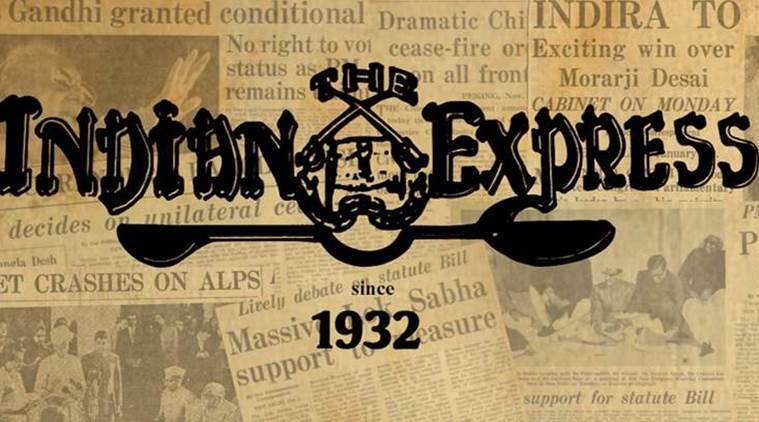 The controversy that Salman Khurshid’s comments sparked was predictable — and disappointing.
The controversy that Salman Khurshid’s comments sparked was predictable — and disappointing.
At the Aligarh Muslim University on Sunday, responding to a question from a student on Congress complicity in communal violence against Muslims down the years, senior Congress leader and former Union minister Salman Khurshid admitted that “there is blood on our hands”. The controversy that Khurshid’s comments sparked was predictable — and disappointing. The Congress spokesperson rushed to distance the party from its leader, recycling rehearsed pieties about an unassailable Congress virtue: “Everyone must know… the Congress is the only party which has worked towards… carrying all sections of the people together…” The BJP spokesperson seized Khurshid’s statement with glee, calling it an admission of a “dark truth of the Congress”. The response of both his own party and that of its principal opponent lets down the possibilities and openings contained in Khurshid’s remarks. After all, in a country where political parties and players seldom look back to own blame and ask forgiveness, in a public culture which holds up the electoral win or loss every five years as the only day of reckoning, to know right from wrong, Khurshid was joining what seemed to be a frank conversation about the scars of the past that mark the future.
Of course, Khurshid himself may not have entirely intended a radical departure from his party’s congealed position of silence, prevarication and ambivalence on communal violence that day in Aligarh. It can also be said that confessions and admissions are overrated, anyway — that what matters more is whether the processes of law and justice have taken their due course. Having said that, however, the fact that there are so few political apologies for grotesque communal wrongs — be it at Hashimpura 1987, Maliana 1987, Gujarat 2002 or Muzaffarnagar 2013 — points to a continuing abdication and absence. There is a concerted attempt, across parties, from Congress to SP to BJP, to paint these incidents as disembodied events in which there are victims but no one is responsible, no one is to be held guilty. In this scenario, Prime Minister Manmohan Singh’s apology in Rajya Sabha in 2005 for the terrible violence against Sikhs in the wake of Indira Gandhi’s assassination in 1984 was rare, though extremely belated. He was apologising, he said, because we cannot rewrite the past, “but as human beings we have the will power and we have the ability to write a better future for all of us”.
Salman Khurshid’s remarks could have nudged his own party and others to look back in order to look ahead. That they have only brought on a war of labels on the eve of the Karnataka election will remain a testament to the lack of courage across parties.